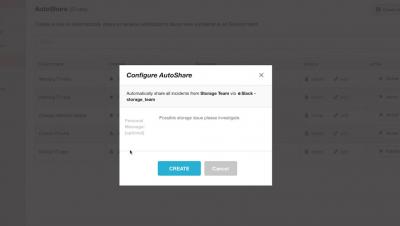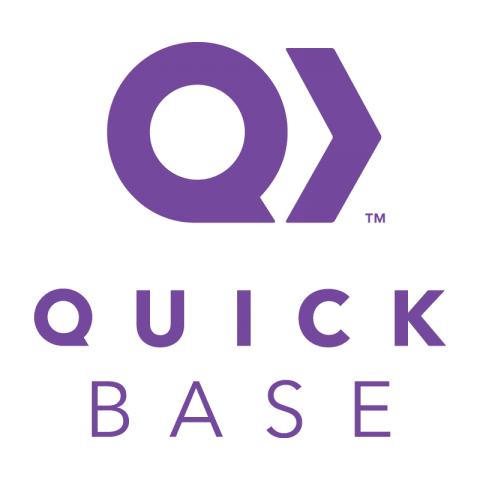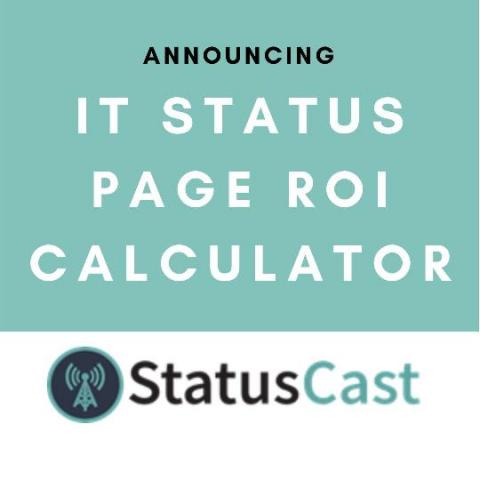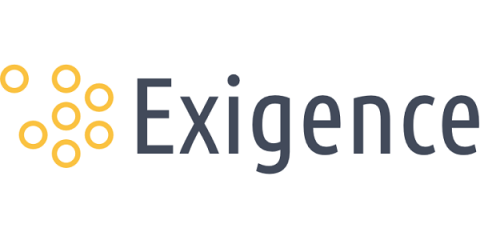Operations | Monitoring | ITSM | DevOps | Cloud
Alerting
Why you need a status page
There are as many ways to trigger an incident as there are new code deployments across the globe and, with the emergence of cloud-reliant businesses, uptime accountability has shifted from on-premise server teams to the service providers themselves. SLAs, SLOs, and websites dedicated to downtime have suddenly come to life in the internet age, and having a status page is now an industry standard.
Tips for Modern NOCs - Alleviating Incident Routing Bottlenecks
Critical and sev1 incidents are always a priority, but what about those dozens and often hundreds of lower priority ones that often sit in a queue waiting for a first response engineer to get to them? Do you find that no matter how much effort your team puts into minimizing the number of queued incidents, their number always seems to grow? If this sounds familiar – this blog is for you.
Quick Base: A Status Page Case Study
Learn how Quick Base, an award-winning cloud-based application development platform for creating custom solutions to everyday business challenges, employed StatusCast to increase the transparency of their system status and availability.
Revisited: How to Run a 24×7 MSP
As 2019 comes to an end, OnPage would like to re-inform MSP teams about the value and importance of offering a 24×7 support service. Twenty-four seven support ensures that client issues are quickly resolved by an after-hours support team. Though 24×7 support is a must-have offering, MSPs must first re-work their internal workflows and policies, ensuring that after-hours servicing is a pain-free venture.
The IT Status Page for Employees ROI Calculator
Does your help desk get overwhelmed with tickets when an IT issue occurs because communication with employees is either insufficient or non-existent? Have you considered implementing an IT status page to improve this communication failure, but have found it difficult to justify the expense? Statuscast built its IT Status Page ROI Calculator with you in mind.
Danny Mican on his experience as an SRE at Auth0
Learn Your Organization's Potential ROI With PagerDuty by Using IDC's Snapshot Tool
Recently, I wrote about an IDC business value study PagerDuty commissioned and shared some of the results from the research. In summary, after in-depth interviews with eight enterprise customers, IDC applied its proven business value methodology to the aggregated results of those interviews and found that enterprise customers were averaging a three-year return-on-investment (ROI) of 731% and a payback period (break-even point) on their investment in just 4.3 months.
50% cost-savings by automating alarm dispatching at Aquafin
Aquafin is a Belgian company with over 1,000 employees that was established by the Flemish Region in 1990 for the purpose of expanding, operating and pre-financing the wastewater treatment infrastructure in Flanders. Aquafin collects household wastewater from the municipal sewers and transports it to wastewater treatment plants, where it is treated in accordance with European and Flemish standards.
Why incident response automation is top-of-list for CISOs in 2020
When considering the state of critical incidents in 2019 – it’s no surprise that looking ahead to 2020, CISOs have one of the organization’s most challenging and stressful jobs. During the first half of the year alone 4.1 billion records were compromised, and the average cost of a data breach is now estimated at $3.92 million.











